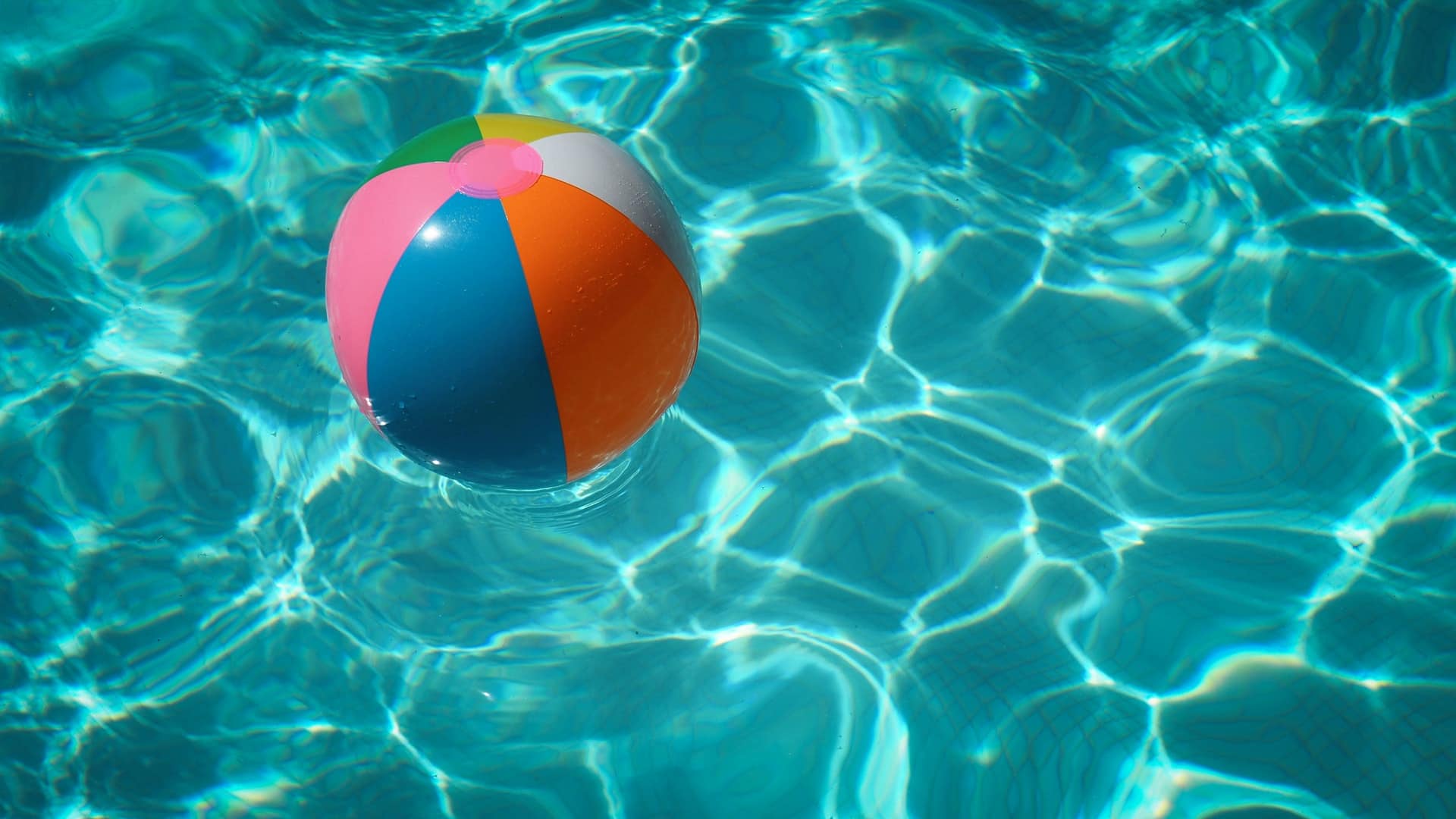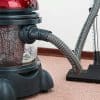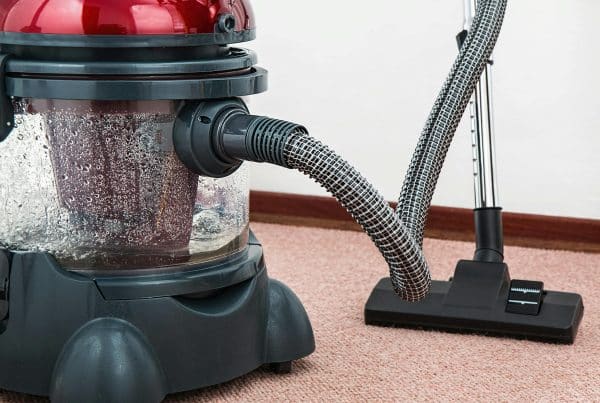Purchasing a swimming pool is one of the best investments you can make for your health and well-being. But come winter or summer, keeping your pool clean and ready to use at a moment’s notice becomes an uphill battle. Summer turns your pool into a hotbed of bacteria, and winter can bring a freezing iciness to your pool, making it impossible to swim in.
Thankfully, keeping your pool clean and ready to use all year round isn’t difficult. It’s just a series of small jobs that you need to integrate into your lifestyle.
These small habits can be kept up all year round to make sure your pool is in tip-top shape. Here are six of the most important things to keep in mind if you’re a pool owner. Follow these steps and you’ll be able to make the most of your swimming pool at any time of the year.
Have Pool Inspection Days
Tending to a pool is like tending to a plant. They need regular care and love. If left neglected, problems can crop up that can be expensive to undo. It’s always cheaper to prevent a problem than to solve it. So make sure to set up regular alerts and calendar dates to check up on your pool.
You want your pool to be clean, have good circulation, and house good chemistry. Ensure the water isn’t stagnant, and run your pool pump as often as is feasible for you. Use cleaning tools to regularly scoop up junk that can clog up the interiors. Left unattended, debris can wreck your pool and leave a hole in your wallet.
Use test kits to ensure the alkalinity, pH level, and sanitiser levels are all a-okay. Wrong chemical levels allow foreign bacteria to make your swimming pool their home. But get comfortable with regular check-ups and you’ll save an incredible amount of money in the long term. Plus, the added cardio of maintenance can help keep you in shape as well. Consult a pool professional to devise the perfect schedule that fits into your lifestyle. They can help you monitor your pool and automate the entire process as well.
Befriend Your Skimmer and Brush
Your most important tools are a pair of skimmers and brushes. Just like brushing your teeth, the more you brush your pool, the longer it stays healthy. The longer you go without brushing, the bigger the reckoning when a catastrophic problem strikes.
Take a few minutes 2-3 times a week to scoop up twigs and leaves. Brush at baby algae blooms to prevent them from growing into a colony. Brush your stairs and floors and walls. You can even use the help of automated tools such as robotic vacuums.
They can zoom around your pool while you tend to other matters and keep your pool free of junk. Vacuums are easy to use and produce surprisingly great results.
Test Your Pool Water
A weekly chemical test will tell you everything you need to know about your pool waters. You don’t need to be a chemistry genius to keep your pool healthy and clean. You just need to know enough about the different chemical levels and their ranges. You’ll need to add chlorine, alter the pH levels or add additional chemicals such as algaecides and flocculants.
Of course, your water would be pristine if you left it alone. But with people constantly swimming and jumping into your pool, they leave behind a smorgasbord of chemicals for bacteria to feast on. Your pool needs the right chemicals to defend the water against foreign intruders.
You want your pool waters to range between 7.2 and 7.8 on the pH scale. This is the ideal level to keep everything alkaline and healthy. Too much pH and your swimmers will suffer from rashes and harsh chemicals effects. Too little pH and the water will sting your eyes.
You want a sweet spot of around 7.5 for the best swimming conditions. You can’t go crazy with sanitization chemicals as well. Chlorine needs the right pH levels to stay effective. Too much chlorine can be irritating to your body and too little results in gross, cloudy and murky waters.
Practice using pool testing kits. Ask your local pool professionals for guidance. If your pool pH is too high, use muriatic acid or sodium bisulphate. If your pool pH is too low, use sodium carbonate or sodium bicarbonate.
Regularly Refresh Your Water
Refreshing your pool water is something you only need to do a few times a year. Why refresh the water at all, you might ask. Why not simply clean the pool and forget about replacing the water? So how do you clean a Fibreglass Pool?
The longer you let the water sit, the more metals accumulate in the water. Salt, chloride, copper, iron and other metals can sit in your waters. If the concentration is low, there’s no problem. But people’s clothing can bring in extra chemicals and create heavy concentrations of metals. This heavy concentration can lead to stains and scars on the pool’s interiors. They can also ruin the pool equipment and rust them.
You want to refresh your pool water a few times a year to eliminate all of those problems. Add 3%-5% of the total water volume to the swimming pool at least 3 times a year. This improves the lifespan of all the materials in your pool.
Refreshing your pool waters can be complex, so don’t hesitate to consult a professional pool company to do this task for you.
Winter-Proof Your Pool
Winter brings its own unique problems. Few people use their pool in wintertime and don’t want to deal with frozen pools.
Thankfully, there are plenty of winter products and accessories that can help you through the winter. You’ll want to clean out your pool and introduce hibernation chemicals to allow for a quicker setup next time. These chemicals will prevent the growth of algae and can survive in water for extended periods of time.
The poor circulation of water during the winter serves as an extra obstacle. Use chemicals specifically designed for winter use to get around that problem.
Be Kind To Your Filters
Your pool filtration works tirelessly to remove waste from your pool water all year long. You’ll want to identify the kind of filter you have and regularly scrub them clean. You’ll encounter two main types of filters:
- Sand Filters
- Cartridge Filters
Sand filters can get clogged with time. Deep clean them regularly to extend their lifespan. But if your filters are more than 4 years old, consider replacing them.
Backwash as much as needed to clear up the water. Gently shift the running hose down through the sand to remove dirt and resettle the sand. Cartridge filters are simple and straightforward to clean.
Turn off the filtration system and make sure your pool timer is not set to run automatically while you clean. Switch off the air relief valves and bleed the air from the filters. Finally, remove the tension clamp that holds the entire thing together.
Cartridges can last a good 3-4 years before they need to be replaced.








